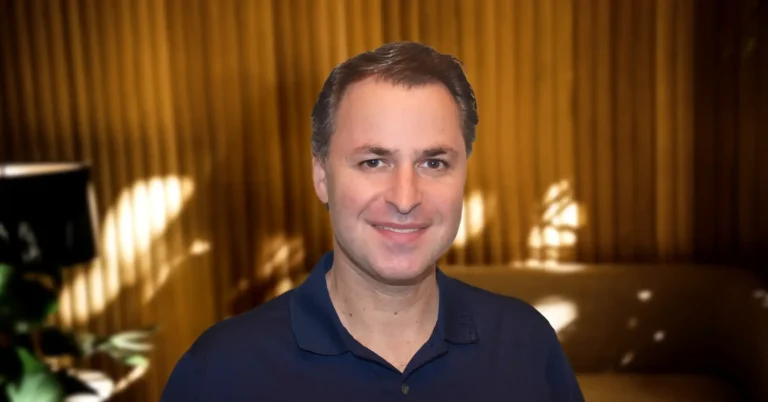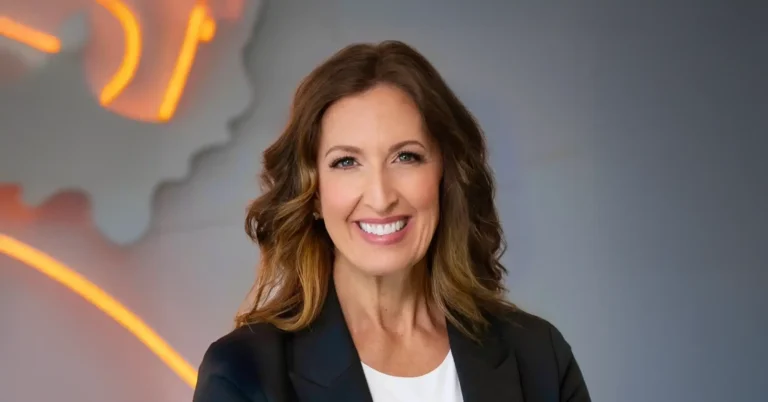

Multi-disciplinary counsel are an asset to a business. Terms like “The T-Shaped Lawyer” highlight the benefits of having not only legal depth but an array of other skills that contribute to business success. Moving industries, as Doukas has done, is a sure way to expand one’s understanding of the law and ability to problem solve.
“I like to have a job that challenges me,” says Doukas. “I find a lot of appeal in learning something new.” Staying in one lane and developing a deep area of legal specialty doesn’t work for her. “I rely more heavily on my ability to learn and to pick up new information and backing myself to be able to do that.”
Doukas epitomizes the essence of the role of General Counsel – being agile in her ability to look across an entire organization, assess risk, and provide counsel to the C-suite on how to manage it. And she doesn’t stop there. Doukas sees her position as a GC as being the ‘Challenger’.
Whether dealing with external counsel, internal stakeholders or the C-Suite, Doukas believes in respectfully and constructively challenging and questioning to ensure that her legal advice is forward thinking. “You don’t necessarily want conservative advice; you want to make sure you have considered every option and left no stone unturned.”
According to Doukas, the Challenger skill set is an amalgam of experience, moving across industries, and one’s personality. “You have to be comfortable with risk,” she says, adding that she believes this mindset is developed over time and the type of company you work for. “The track to becoming a less conservative lawyer runs for many parallel with the time spent as a lawyer, or in other words, the increasing experience of the law often liberates its conservative application.”
The longer one practices law, the more comfortable one becomes with accepting risk, knowing how it fits proportionately to risks already taken. “I know there are bigger fish for us to fry and when we don’t have time to fry them all,” says Doukas.
Culture is also at play when it comes to the influence of a company on developing a Challenger mindset. Think about it, start-ups and multinationals have very different appetites for risk; disruptor companies want innovative legal advice where the status quo is challenged. Doukas says her time at places like Uber fostered in her a “Challenger” way of working.
Moving industries often comes with challenges (yes, the pun is intended), particularly getting up to speed with industry-specific regulations and risks. Doukas deals with this by getting familiar with the legal and practical aspects of the regulatory context before starting with a company. “However, some industries, like aviation, are technical and complex, and in my opinion, a GC is most effective as a check and balance to the technical experts, as opposed to trying to become a technical expert themself.”
The role of a GC, in that case, is to step back and apply principles and strategic thinking to the particular technical answer. Doukas’s parting advice; “the GC should focus on asking questions such as, is it consistent with the overall principles of the regime? can it be operationalized? do we need to get another expert involved?”


